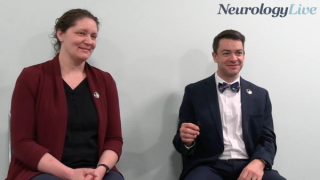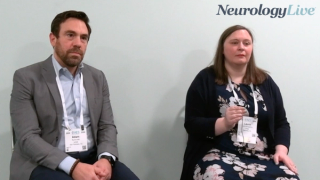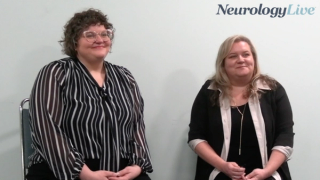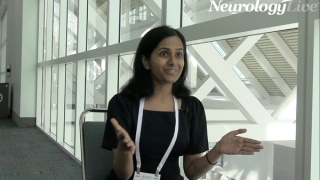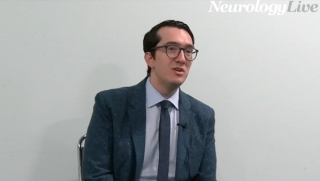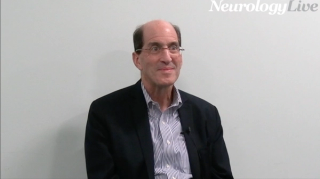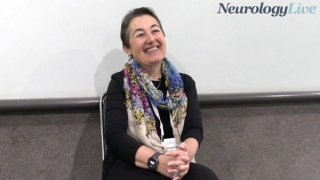
Epilepsy
Latest News
Latest Videos

CME Content
More News

Over a 52-week treatment period, patients who continued on bexicaserin and those who switched from placebo demonstrated notable decreases in motor seizures, further supporting the agent’s development.
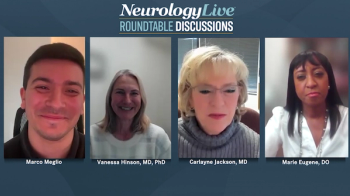
In this episode, women neurologists share their personal experiences navigating challenges in neurology, offering insights into mentorship, work-life balance, and career advancement.

Catch up on any of the neurology news headlines you may have missed over the course of January 2025, compiled all into one place by the NeurologyLive® team.

A group of empowering women leaders in neurology explore the transformative impact of women neurologists on the medical workforce and the strides toward a more inclusive neurology field.
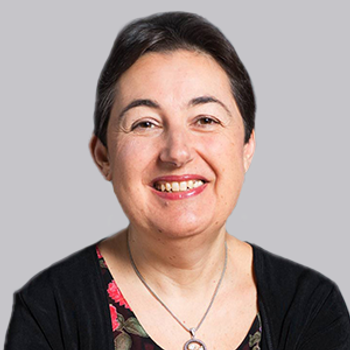
Jacqueline A. French, MD, a professor of neurology at the NYU Grossman School of Medicine, provided clinical perspectives on her experiences and career growth in neurology amid National Women Physicians Day.

A group of empowering women leaders in neurology explore the transformative impact of women neurologists on the medical workforce and the strides toward a more inclusive neurology field.

Here's some of what is coming soon to NeurologyLive® this week.

Neal K. Shah talked about an artificial intelligence innovation that can be used to fight denied health insurance claims, thus improving revenue cycle management for physicians' practices and the patient experience.

Take 5 minutes to catch up on NeurologyLive®'s highlights from the week ending January 31, 2024.
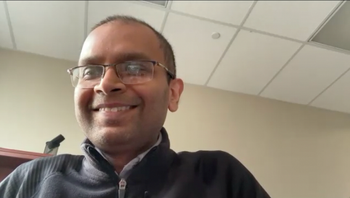
The medical director of the Arkansas Children’s Comprehensive Epilepsy Program detailed advancements and strategies in using neuromodulation for LGS, as well as the future research needed to expand these approaches. [WATCH TIME: 4 minutes]
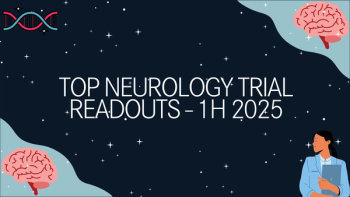
Explore some of the most highly anticipated clinical trials with data readouts expected in the second half of 2025—key updates that researchers and clinicians in neurology won’t want to miss.

A duo of experts discussed the importance of addressing barriers such as provider comfort, access to genetic counselors, and insurance coverage to reduce diagnostic latency and standardize genetic testing for epilepsy. [WATCH TIME: 5 minutes]

The medical director of the Arkansas Children’s Comprehensive Epilepsy Program discussed the complications associated with neurostimulation in patients with LGS and strategies to mitigate these issues. [WATCH TIME: 2 minutes]

Here's some of what is coming soon to NeurologyLive® this week.

Pediatric epilepsy specialists Adam Numis, MD, and Laura Kirkpatrick, MD, highlighted efforts to standardize data collection for pediatric epilepsy health equity and improve neonatal epilepsy outcomes.

Take 5 minutes to catch up on NeurologyLive®'s highlights from the week ending January 24, 2024.

Jessica Nickrand, PhD, and Allyson Eyermann from the Child Neurology Foundation emphasized the importance of multidisciplinary collaboration for children with epilepsy and their families.

Mind Moments®, a podcast from NeurologyLive®, brings you an exclusive interview with Depobam Samanta, MD, MS, FAAP, FAES. [LISTEN TIME: 25 minutes]

The medical director of the Arkansas Children’s Comprehensive Epilepsy Program provided commentary on patient selection and personalized treatment approaches when using neuromodulation devices for Lennox-Gastaut syndrome. [WATCH TIME: 3 minutes]

Leah Blank, MD, an assistant professor of neurology, population health, science, and policy at the Icahn School of Medicine provided commentary on some of the experience and positive movement from the 2024 American Epilepsy Society Annual Meeting.

Take a look at some of the most-anticipated FDA pending approvals expected in 2025 that researchers and clinicians in neurology should keep an eye out on.

The professor of neurology at NYU Grossman School of Medicine talked about using responsive neurostimulators to seek shortened drug evaluation timelines and enhance epilepsy treatment.

Here's some of what is coming soon to NeurologyLive® this week.

Test your neurology knowledge with NeurologyLive®'s weekly quiz series, featuring questions on a variety of clinical and historical neurology topics. This week's topic is on tuberous sclerosis complex (TSC).
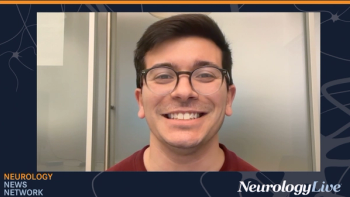
Neurology News Network. for the week ending January 18, 2025. [WATCH TIME: 4 minutes]





